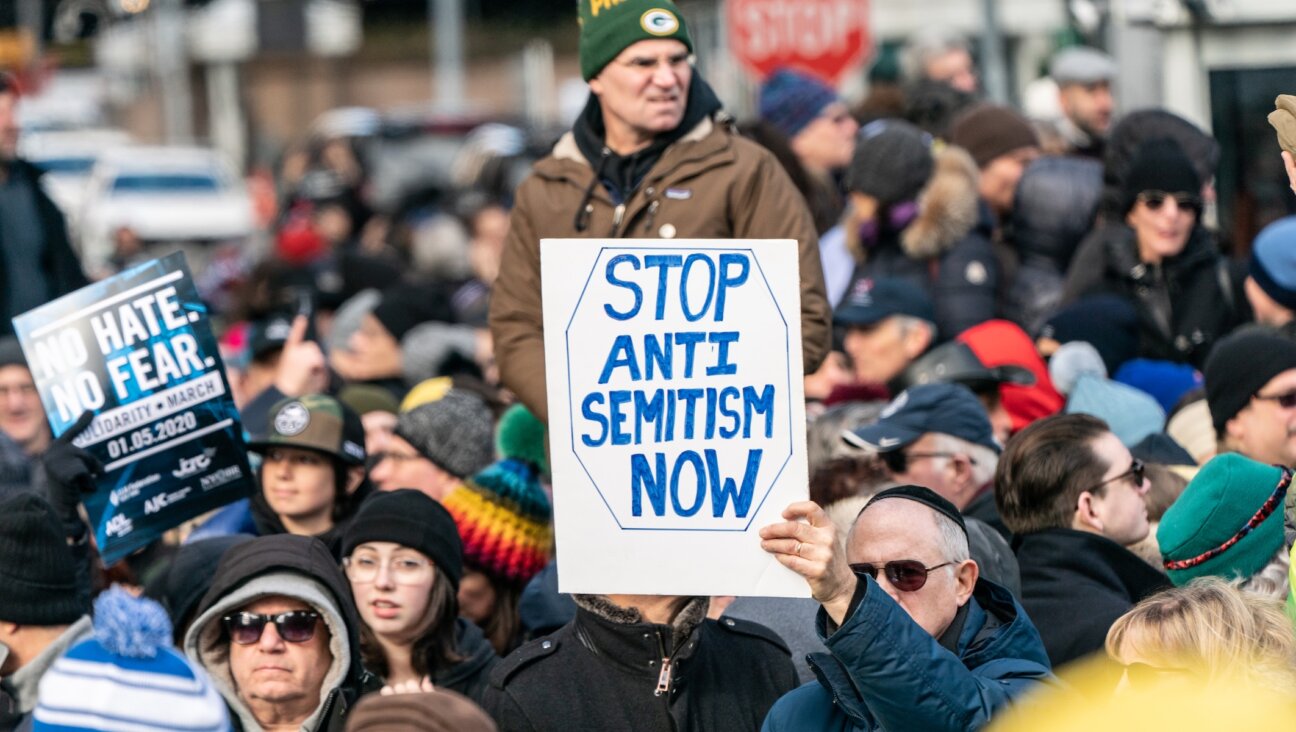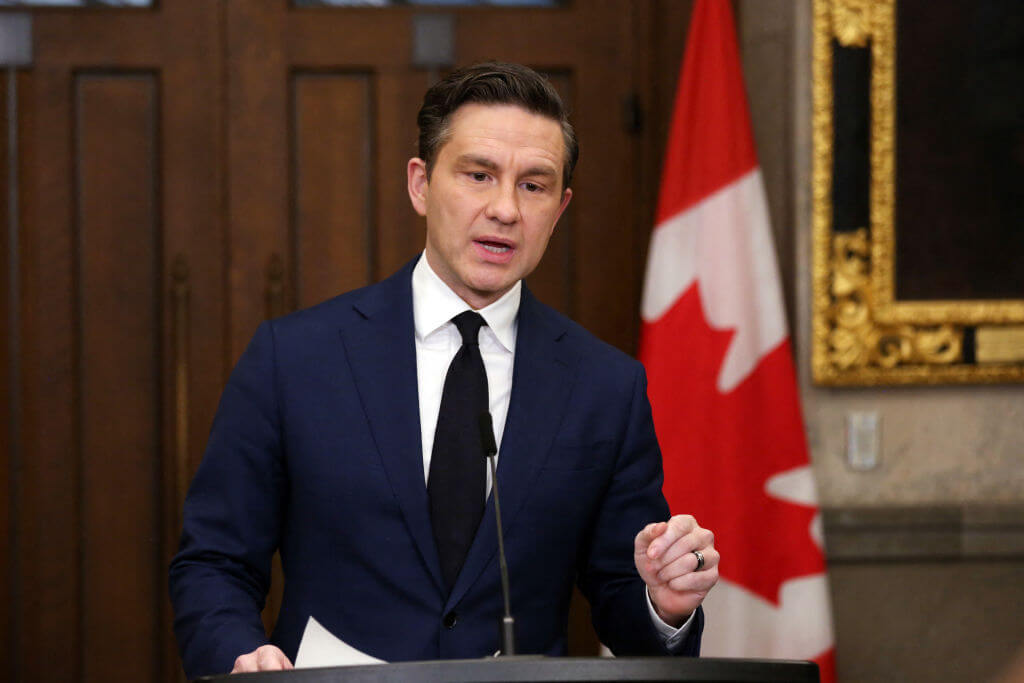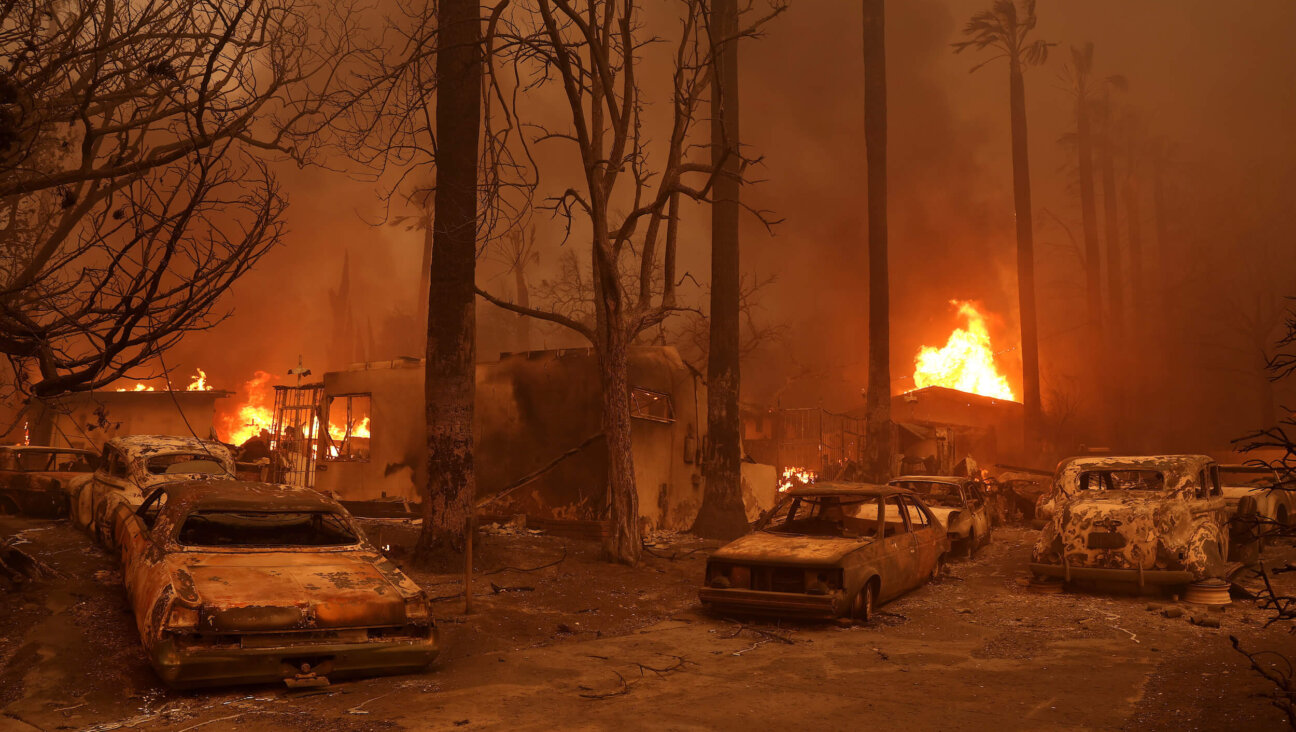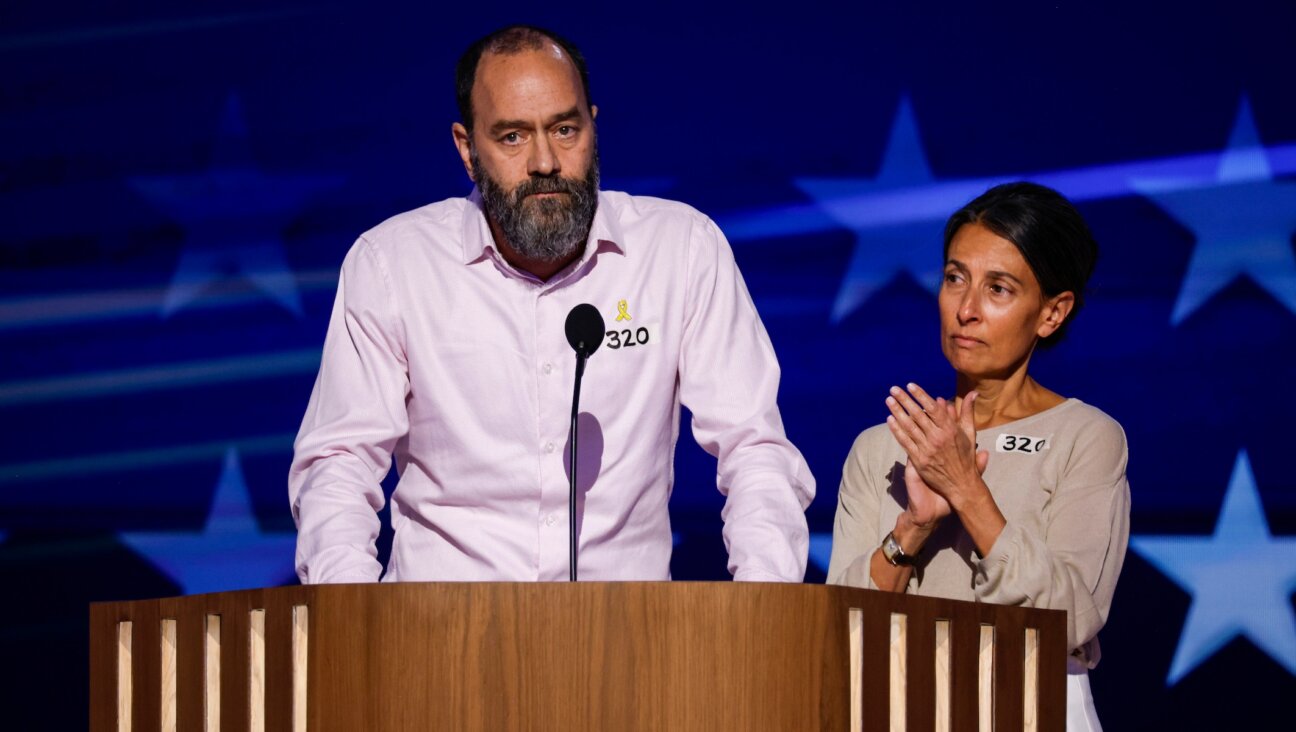How We Remember

Our History: Hasia Diner discusses her new book.
For the longest time, Hasia R. Diner, a professor of American Jewish history at New York University, was troubled by the unexamined but widely held belief that in the aftermath of the Holocaust, American Jews did little, if anything, to memorialize the 6 million Jews murdered in Europe. So she decided to have a look for herself. Based on research that took her seven years to complete, and fills 24 file cabinet drawers, Diner refutes the notion in her new book, “We Remember With Reverence and Love: American Jews and the Myth of Silence After the Holocaust, 1945–1962” (NYU Press). The book details how, nationwide, Jews in those years memorialized the victims, documented the catastrophe, mobilized for survivors, sought justice from Germany, and used the Holocaust both to advance a political agenda and to build a Jewish future in America. She spoke with Forward contributor Jeri Zeder about memory, truth and the ethical obligations of historians.

Our History: Hasia Diner discusses her new book.
Jeri Zeder: How are people receiving your message that the “myth of silence” is just that, a myth?
Hasia Diner: It flies in the face of what they know… they often will say, “But I don’t remember it that way.” I think certain narratives about the past get planted in the public consciousness, and people in essence re-remember their own experiences in light of what seems to be the dominant motif.
J.Z.: As a historical matter, what do you think made scholars and other writers perpetuate the myth and actually believe it?
H.D.: The real answer is, that’s a subject that relates to American Jewish history following the period covered in my book; it requires further scholarship. But from my point of view, the myth of silence began in the late 1960s and was pioneered by young Jews involved in a thoroughgoing critique of American culture generally, and American Jewish culture in particular. Many of them went on to become academics, rabbis and community leaders, and repeated the same message in their public writings. What they said remained part of the historical record and was used as evidence by later historians.
At the same time, the term “Holocaust,” “genocide,” came to be appropriated by other groups. Many American Jews began to think that the “Jewish establishment” had ceded the Holocaust to others. More recently, Norman Finkelstein, in his book “The Holocaust Industry,” says that American Jews couldn’t have cared less about the Holocaust until they wanted to use it to buttress and defend Israel. So, the increasing controversy and divisiveness of the Israel issue also plays a very important role in articulating this argument.
J.Z.: It seems to me that the way you defined the word “memorial” freed you to come up with the thematic categories you used to organize the book.
H.D.: American Jews in the postwar period faced a set of challenges and circumstances that Jews in the 1980s and ’90s didn’t. The idea that they didn’t build memorials, because there is no single iconic hunk of stone in the ground someplace, is to me very narrow. Memorials come in all sorts of shapes, sizes, formats and flavors. For example, the National Federation of Temple Sisterhoods worked very actively for the passage of the Genocide Convention. They would say, if this is passed, it will be a fitting memorial to the 6 million. How could one argue with that position? That’s how they saw it.
**J.Z.:*** At the end of the book, you draw a serious moral conclusion: that in failing to acknowledge the historical record of Holocaust remembrance just after the war, and here I’m quoting you, “historians and others produced a flawed history and perpetrated an injustice on the past.” What do you mean?*
H.D.: By saying they didn’t do this and they didn’t do that, when in fact they did, is, I think, a failure of historians to take their own professional obligations seriously. And I think that we don’t have the right to do that.
J.Z.: Why should we now, today, care that this is the real history?
H.D.: There are political statements being made today that pivot around this false history. On one extreme, people say American Jews were these shallow, obsequious assimilators in the 1950s, and it was only because of Israel’s heroism in the ’67 war that they were able to come out of the their almost Marrano-like status and be honest and truthful. That places American Jewry, which obviously has a very complicated relationship with Israel, in a subordinate position. In the contemporary world, that’s very unhealthy. On the other extreme, people like Norman Finkelstein say American Jews only started caring about the Holocaust much later, when it served the purposes of building up support for Israel. Well, if that’s not true, then that puts into question statements about how American Jews interact with Israel now. One can criticize contemporary Holocaust commemoration, and one can criticize American Jewish engagement with Israel. But it ought not to be based on false history.
Jeri Zeder is a writer living in the Boston area.
A message from our Publisher & CEO Rachel Fishman Feddersen

I hope you appreciated this article. Before you go, I’d like to ask you to please support the Forward’s award-winning, nonprofit journalism so that we can be prepared for whatever news 2025 brings.
At a time when other newsrooms are closing or cutting back, the Forward has removed its paywall and invested additional resources to report on the ground from Israel and around the U.S. on the impact of the war, rising antisemitism and polarized discourse.
Readers like you make it all possible. Support our work by becoming a Forward Member and connect with our journalism and your community.
— Rachel Fishman Feddersen, Publisher and CEO





















